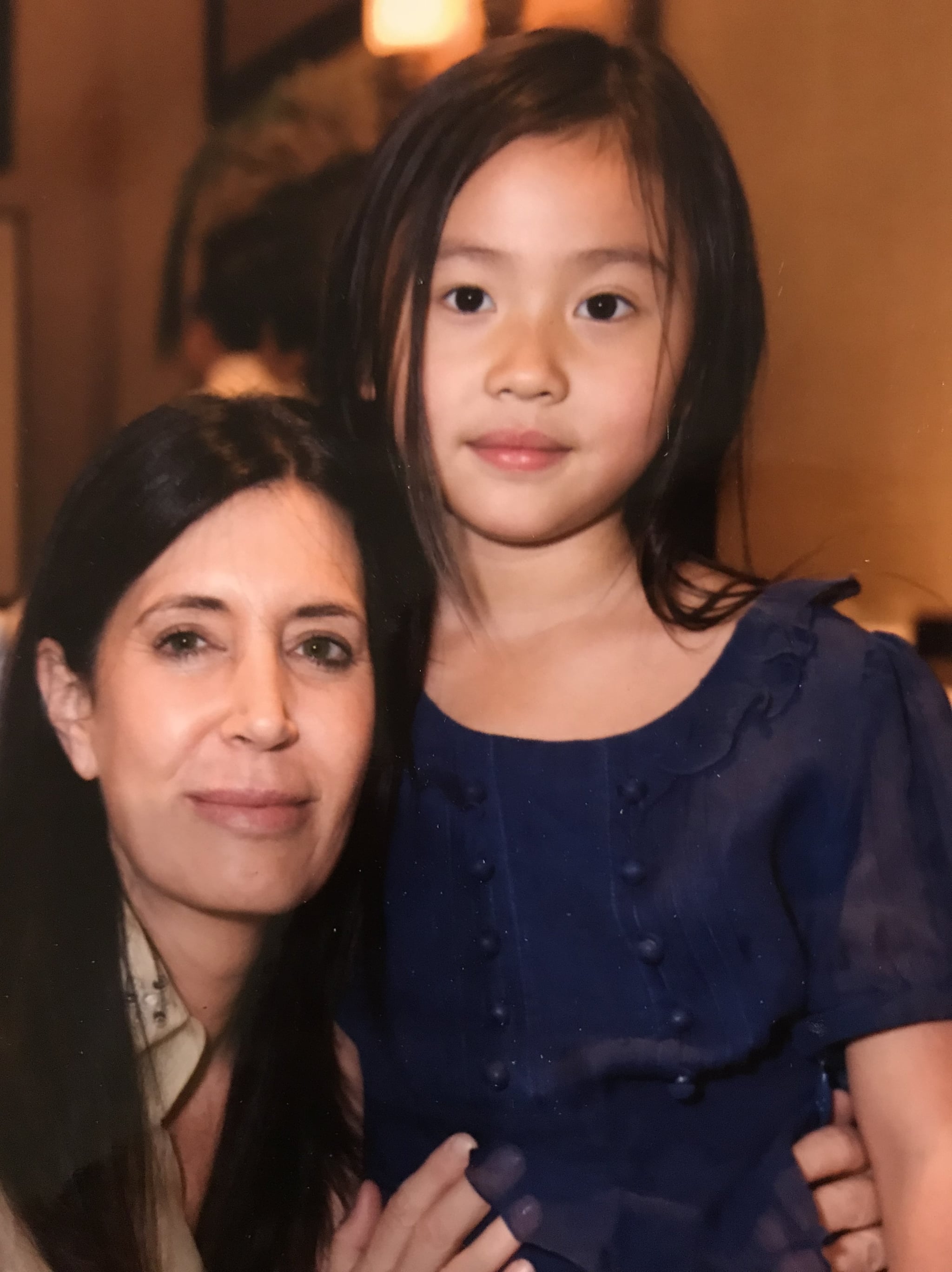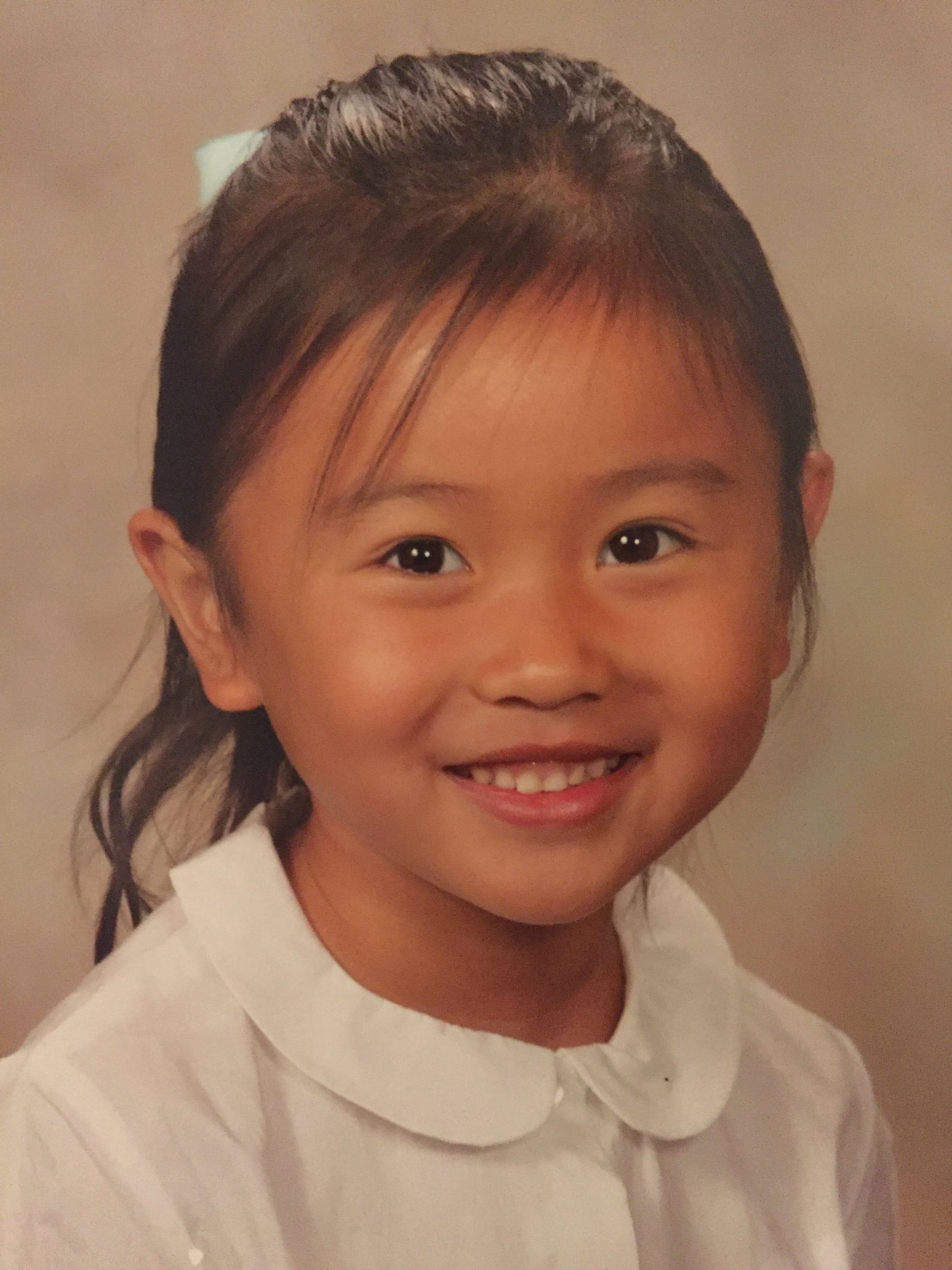Violence perpetrated against members of the APIA (Asian Pacific Islander American) community is nothing new. However, the rise in divisive political rhetoric against the APIA community during the COVID-19 pandemic, as well as the sharp rise in violence [1], has thrown the systemic violence against the Asian community into renewed light. The more recent attacks on the community, including the murders of six Asian women in Atlanta [2] have heightened the conversation, resulting in members of the APIA community [3] speaking candidly about their painful experiences of racism and xenophobia.
The Asian American and Pacific Islander communities are not a monolith. In fact, the APIA community encompasses the diaspora of roughly 50 ethnic groups [4], with histories and experiences at the intersection of racial identity, immigration status, and discrimination within the US. However, in dialogue surrounding the Asian American experience, the experiences of those who identify as transracially adopted [5] are often left out of the APIA narrative. Transracial adoptions are defined as when children of one race are adopted into a family of another race. This is particularly prevalent in the US, where many white families adopt children from China or Korea.
As we seek to elevate the conversation around the APIA experience, the nuanced, intersectional identities of the transracial adoptee experience is one that must be included. This can start with understanding the experience of Asian Americans from all different backgrounds, including what transracial adoptee Jane Wiesner, a first-year college student and entrepreneur from Los Angeles, describes as a "life in the margins." The complexities of the Asian American transracial adoptee experience is one of joy, struggle, and triumph that is deserving of our attention, empathy, and understanding. POPSUGAR spoke with Wiesner to learn more about her experience.
POPSUGAR: What is your adoption story?
Jane Wiesner: I identify as Chinese adoptee and was born Fengcheng City, Jiangxi Province. My mom, who is white and a single parent, adopted me when I was nine months old. There will always be a part of me that will remain a mystery: I will never know my biological family. My family never got any information about my biological family when I was adopted. However, I do believe that my biological family, wanting me to have a better life, gave me up for adoption. Deep down, I am convinced they truly had to love me enough to be able to give me away. Through my experience as a transracial adoptee, I have learned that nurture is more powerful than nature. If nature existed alone, then I would live with a sense of loss because I had been left in an orphanage. Fortunately, though, since I have been nurtured throughout my life, I have thrived. Without my adoptive family, I would not have the privilege of two births — one biological and one emotional.
PS: How did you navigate your identity in school?
JW: At school, I was constantly confused with another classmate at my mostly all-white school. Yes, we both identified as Chinese, but that does not mean we look alike. When I meet someone new and introduce them to my family, I always have to explain to them my family dynamic: An all female household, with a single-mom and an Ethiopian adopted little sister. I always find it intriguing to see how everyone reacts differently.
PS: Moving forward, how do you feel schools can better support Asian American students, including transracial adoptees like yourself?
JW: In school, I strongly believe there has not been a big enough emphasis on Asian history. I first learned about my own history in 11th grade, and that is and was too late. Students should not only learn about the violence perpetuated against Asians throughout history, they should also learn about the achievements and successes of the community.

PS: From your perspective, how do white, Eurocentric beauty standards impact the APIA experience, especially Asian women who grow up in mixed-race families?
JW: I do believe that these Eurocentric beauty standards are heightened for people in the AAPI community. I have been told multiple times to open my eyes in pictures, but now it is "fashionable" for influencers or models to pull their eyes out. A few years ago, at a Super Bowl party, I received a text from a guy I had never really talked to telling me, "To be honest, you're pretty cute for an Asian." At that moment, I was shocked, but not to the extent that I am now. This message made me question my self-confidence. It made me feel that as an Asian, I could not be or feel pretty. As I have grown up with a white mom, I have always wanted her green eyes. I was always envious that she had light-coloured eyes. I was jealous of her light complexion and defined facial features. However, as I have discovered more about my ancestors and history, I have embraced my Asian culture and know that being Asian is in fact beautiful.
PS: What advice would you give parents of transracial adoptees? What should they be doing or thinking about, especially now given our climate?
JW: The advice I would give them is just to be transparent with your child. In my experience, I have been blessed to be surrounded by my family's love, support, and encouragement. I know not every transracial adoptee will experience that, but it is important to reassure your child that you love them no matter their differences. In this climate, I think transracial adoptees' parents should educate themselves about the history of Asian Americans to understand where this anti-Asian xenophobia stems from and its roots in imperialism and white supremacy. Even before COVID-19, Asian Americans have experienced implicit and explicit racism. This xenophobia has been an ongoing thing since the beginning of Asians immigrating to the US. With historical context, parents of transracial adoptees can have a deeper understanding as to why their child could experience racism as well as their nuanced journey of identity.


